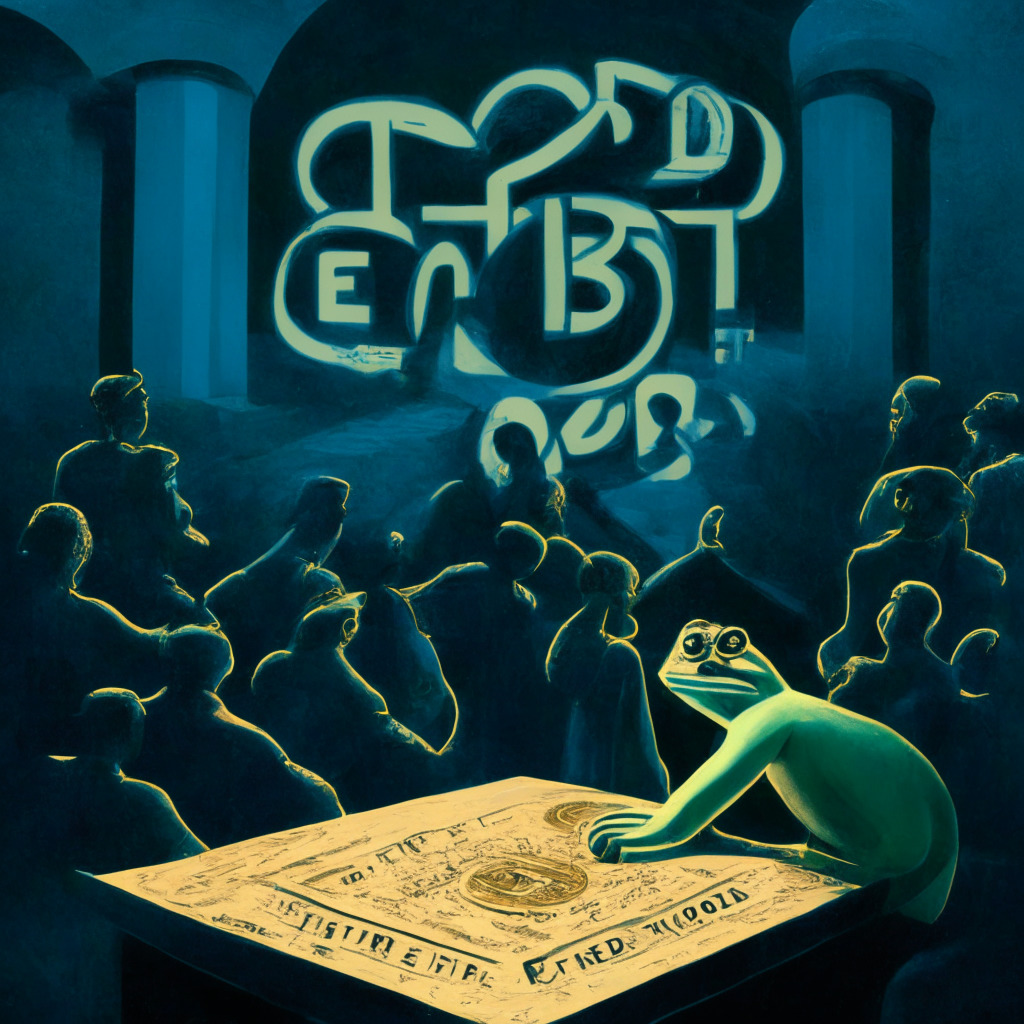In breaking news that has stirred up the cryptocurrency market, the stalwart payments pioneer PayPal has boldly ventured into creating its own U.S. dollar-pegged stablecoin, PayPalUSD, as mentioned in a recent Bloomberg report. This significant step signifies the first move of its kind by a notable company, and likely signals the impending maturation and mainstream recognition of blockchain technology.
PayPal’s stablecoin launch is not devoid of speculation nor anticipatory excitement. The stablecoin market has historically been dominated by tokens like Tether (USDT), which been noted with concerns over underpinning assets and regulatory scrutiny. With a corporate giant like PayPal stepping foot into the picture, a potential new degree of credibility and trust could finally be instilled in this segment of the crypto market. After all, PayPal is a globally recognized brand with a stellar reputation in the online payment industry.
Simultaneously, however, PayPal’s entry is not without reservations. Critics worry whether a corporate-led stablecoin could inadvertently exert centralized control over what has until now been a largely decentralized sphere, hence posing a fundamental contradiction. This move, while injecting a fresh degree of recognition and perhaps enhancing liquidity in the crypto markets, also begs questions of potential market manipulation and control.
Clients in the U.S., and soon around the globe, will have to make their own judgement. Striking the balance between appreciating PayPal’s pioneering steps into the cryptocurrency horizon and the tenets of decentralized finance is an issue for users and investors alike. While PayPal’s move might encourage other companies to issue their own stablecoins, an ensuing corporate competition could either nurture diversity or monopolize the field.
Surely, a centralized stablecoin under the auspices of a trusted brand like PayPal may have its benefits, like fostering greater consumer confidence and infusing additional liquidity into the burgeoning market. However, this also throws in a pinch of skepticism regarding potential departures from the core principle of decentralization and experimentation in cryptocurrency protocol designs.
Thus, while PayPalUSD represents a historic moment and a promising development in mainstream adoption of cryptocurrencies, it’s essential for investors to grapple with the double-edged aspects of corporate incursion into the crypto market. This burgeoning saga of centralization versus decentralization, trust versus experimentation, continues to unfold before our eyes. Satoshi Nakamoto might not have envisaged this turn of events in cryptocurrencies, but the Blockchain evolution is, indeed, full of surprises. Stay tuned, as this is a rapidly developing story.
Source: Coindesk




